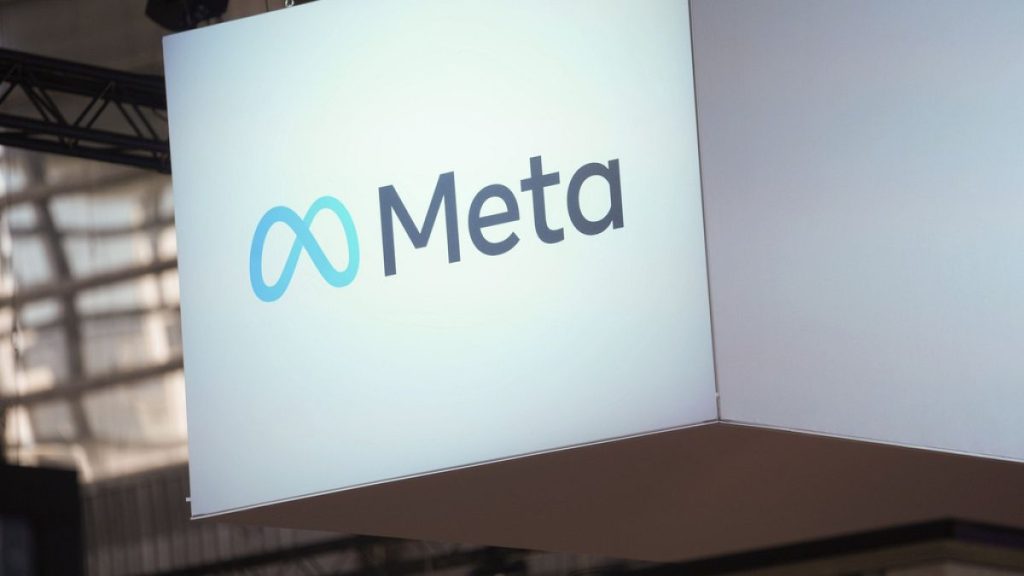Meta’s Social Media Platforms Face Global Outage, Disrupting Communication and Connectivity
On Wednesday evening, a significant disruption swept across the digital landscape as Facebook, Instagram, and WhatsApp, three of the world’s most popular social media platforms owned by Meta Platforms, Inc., experienced a widespread outage. The technical issue, acknowledged by Meta, left millions of users globally unable to access these services, highlighting the pervasive reliance on these platforms for communication, information dissemination, and social interaction. The outage, which commenced around 7pm Central European Time (CET), was reported by users worldwide who found themselves unable to connect, send messages, or access content on the affected platforms.
Downdetector, a website that monitors real-time outage reports for various online services, registered a sharp surge in reported problems for Facebook, Instagram, and WhatsApp coinciding with the start of the outage. The reports originated from various geographic locations, indicating the global scale of the disruption. Users took to alternative social media platforms like X (formerly Twitter) to express their frustrations and seek updates on the situation. Meta, recognizing the widespread impact of the outage, promptly communicated through X that they were aware of the technical difficulties and working diligently to restore services as quickly as possible.
While initial reports suggested a gradual decrease in outage issues shortly before 8pm CET, the situation remained volatile. The number of reported problems plateaued for a period before experiencing another slight increase an hour later, indicating the complexity of the underlying technical issue. The global and relatively consistent nature of the outage, affecting users across Europe, North and South America, Asia, and other regions, pointed towards a potentially significant technical challenge within Meta’s infrastructure.
The outage underscores the crucial role these platforms play in modern society, serving as primary communication channels for individuals, businesses, and communities worldwide. The disruption not only hampered personal communication but also potentially impacted various activities reliant on these platforms, including online commerce, marketing, and news dissemination. The incident serves as a reminder of the potential vulnerabilities inherent in centralized online services and the disruptive consequences of unforeseen technical failures.
As the situation unfolded, Meta continued to investigate the root cause of the outage and implement corrective measures. While the exact nature of the technical issue remained undisclosed initially, the widespread impact suggested a potentially significant problem within Meta’s core infrastructure or network. The company maintained communication through alternative channels, providing updates on their progress in resolving the issue and reiterating their commitment to restoring services promptly.
The incident prompted discussions about the increasing dependence on a handful of large tech companies for essential communication and information access. The outage highlighted the need for robust redundancy and resilience in online service infrastructure to mitigate the impact of such disruptions. As Meta worked to resolve the technical issues, the global community awaited the full restoration of services, underscoring the interconnectedness of the digital world and the reliance on these platforms for seamless communication and information exchange.














